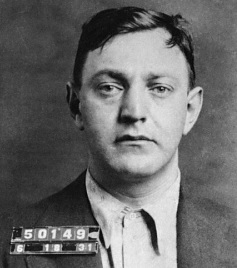How The Word Dutching Changes The Game Posted by Sten on Nov 11, 2019 in Dutch Language, Dutch Vocabulary
Dutching. If you gamble, you have heard of this term, perhaps. What does it mean, and where does it come from? How are the Dutch involved this time? Let’s find out!
For other terms in this series of “Dutch” words, check this link.
Splitting your inzet
Dutching is a term in gokken (gambling) that refers to splitting your inzet (bet) to more than one account. So for paardenwedstrijden (horse races) for example, let’s say there are 5 horses. You believe paarden (horses) A and B have a chance at winning, but at different probabilities. By splitting your inzet to get the same amount if either of the two paarden win, you don’t have to choose. It can get quite complicated, which is why there are “Dutching calculators” to help out.
As far as I could find, there is no such term in Dutch itself. If anybody happens to know it, please let me know in the comments!
But how did Dutching get to this name?
From Mobster to Manners
What’s at the origin of the name of this splitting process is not entirely clear.
One explanation could be that it refers to Arthur Flegenheimer, also known by the nickname Dutch Schultz, a notorious mobster in the 1920s and 1930s. The German-Jewish-American allegedly used the Dutching splitting method in paardenwedstrijden, and some see him as the grondlegger (founder) of it. It was then deduced from his name: from “Dutch” came “Dutching”. Seems plausible.
Dutch Schultz got this nickname from his German origin, which was confused with the German word for “German”, deutsch. A forgivable confusion, which I’ve written about before.
Another explanation for the origin of this splitting method could originate in “going Dutch“, which refers to splitting a restaurant bill by what everybody got instead of simply splitting the entire cost evenly. Since with Dutching, you don’t split evenly between accounts, but precisely by the probability that you wager for each account, it is more precise than the even split. It could make sense then, that it originates here.
In any case, if you are not entirely certain what to bet on, you might want to do some Dutching!

Build vocabulary, practice pronunciation, and more with Transparent Language Online. Available anytime, anywhere, on any device.





